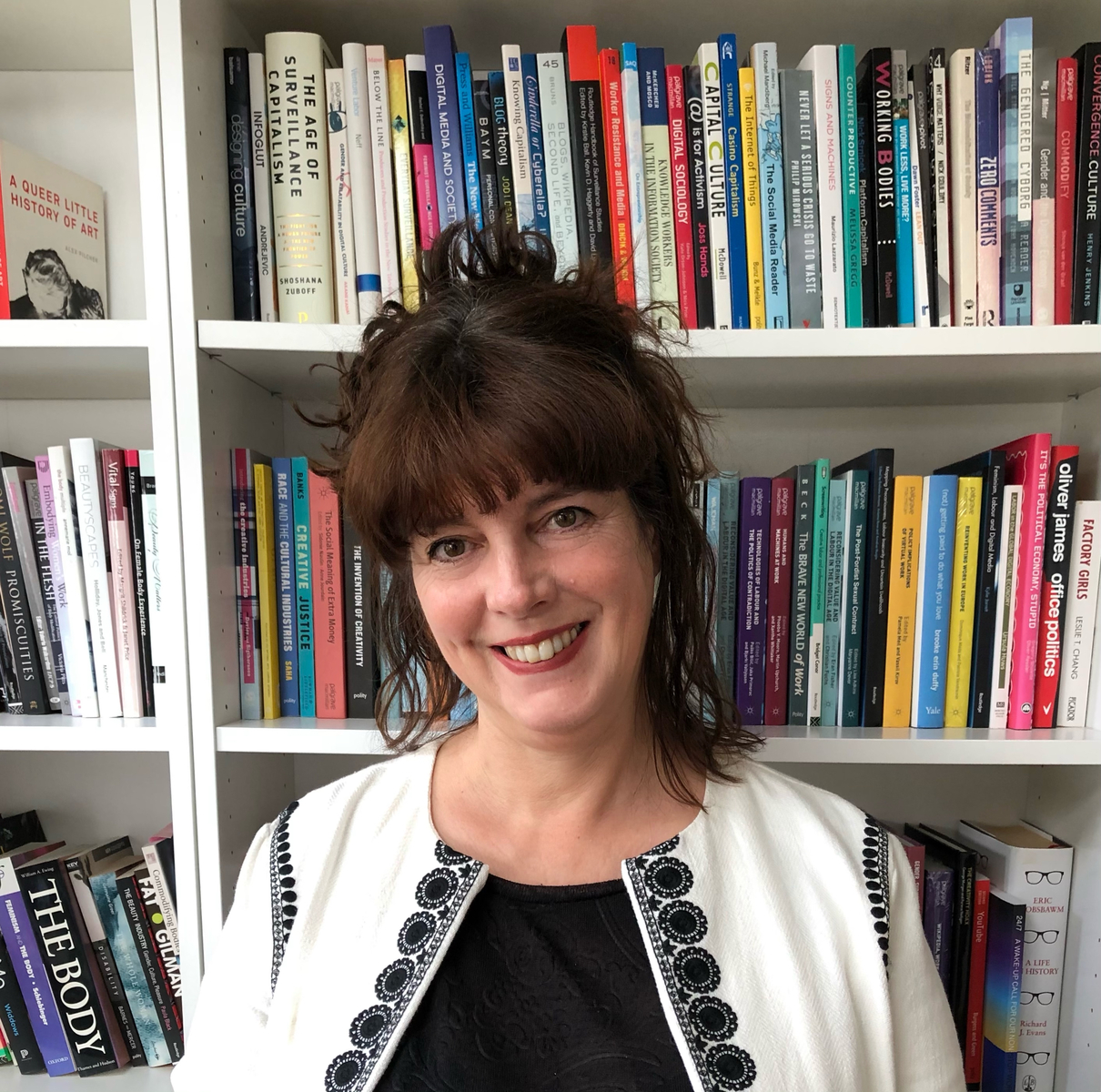This event has unfortunately been cancelled due to illness.
Many young women experience anxiety and pressure posting on social media regarding their bodies and mindset, as shown in Dr. Rosalind Gill's, professor at the City University in the UK, research. Dr. Gill will give a talk next Wednesday, 10 May at noon; Posting a perfect life: Being watched and feeling judged on social media at the University of Iceland's School of Education in Stakkahlíð and Iceland's Prime Minister, Katrín Jakobsdóttir will give the opening address.Rosalind Gill holds a PhD in Social Psychology and is a world renowned researcher. Professor Gill is known for her research interests in gender and media, cultural and creative work, and mediated intimacy. For the last decade she has made a significant contribution to debates about the “sexualization of culture”. She has furthermore been leading in feminist discourse on equality, motherhood, young women, and the pressure they experience in modern society.
During her lecture Dr. Gill will analyse the culture and community of young women/girls on social media. In today's consumer society it is often difficult to analyse the threads and dynamics of power, as it is embedded in our consciousness, manner of speech, explanations and solutions. She describes social media as post-feminist. The assumption is that equality has been reached and that it is in the power of each individual's initiative how well they do in society. The interest in discussing systematic discrimination is minimal and women are evaluated by how willing they are to analyse their own faults, make amends, and continue on the path of becoming the best version of themselves.
According to Gill’s new study young women and girls who are on social media experience anxieties and pressure to work on their bodies and mindset. She says that
„young women growing up today live in a world with an unprecedented number of visual images, and feel under intense pressure to look perfect and to present a perfect life. They navigate this with sophistication and impressive media literacy, but many say this is making them anxious and depressed.”
She believes it is important that parents understand these demands in order to provide guidance and help the decipher the messages directed at them through social media. It is also important that parents and others working with children realise that they may not read these messages they same way adults do.
„Social media play a key role in this, with the majority of young women spending several hours every day on Instagram, Snapchat, and (increasingly) TikTok. While posting can bring intense pleasure and the buzz of appreciative attention which many characterised as ‘addictive’, young women also experience severe anxiety about posting photographs and emphasised the many ways they felt they could fail at this,“ says Gill
Society's reactions to these feelings have encouraged the recreation of the notion that the young women need, first and foremost, to work on their own mindset and individual reactions to work through it. A whole industry has been created where women in particular get advice on how to think and act to be successful. When it comes to women and girls the response has been that we need to work on their self confidence with no realisation and analysis on the societal root of the problem.
„What is striking is not only the similarity of the discourses, programmes, and interventions proposed across diverse domains of social life but also the way in which features of an unequal society are systematically (re)framed by the confidence cult(ure) as individual psychological problems, requiring us to change women, not the world.“
The Research Institute for Equality, Gender and Education and the University of Iceland's School of Education organise this open lecture.
All are welcome to attend!




